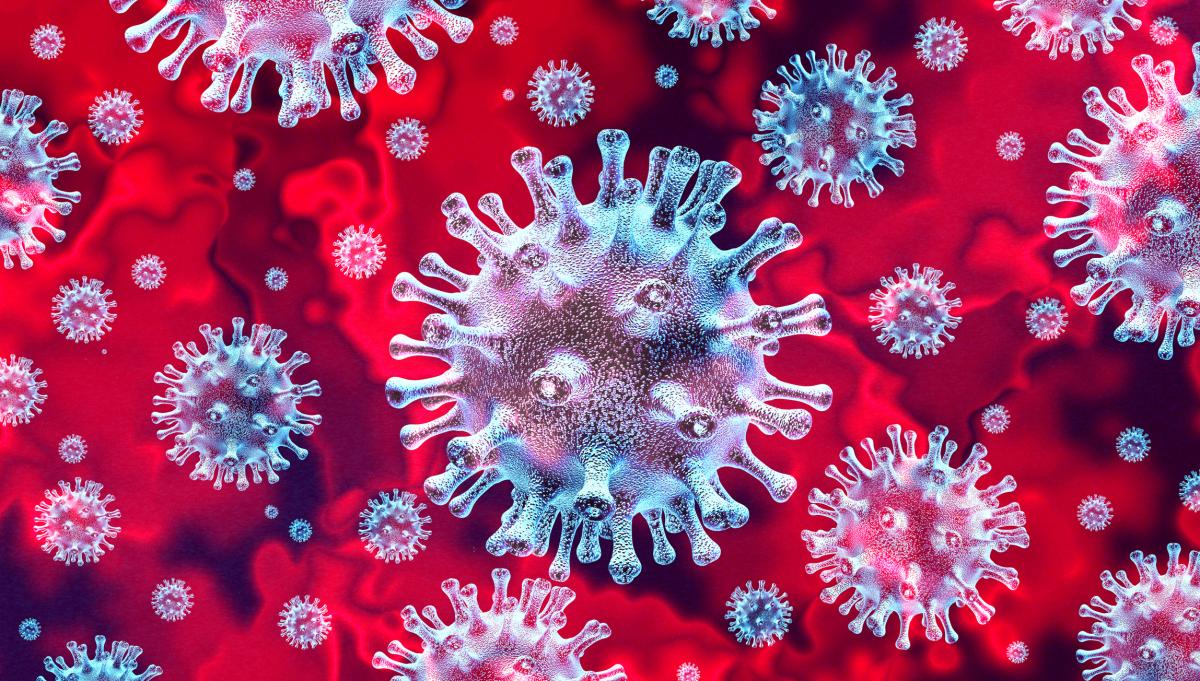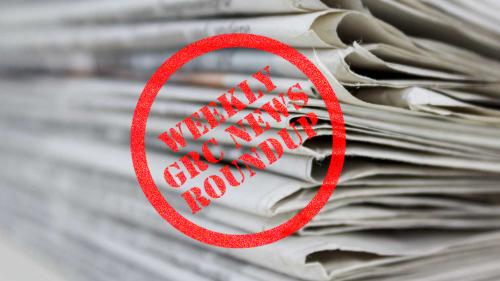Johnson & Johnson shareholders appear set to vote at the company’s upcoming AGM on a shareholder proposal regarding access to its Covid-19-related products.
The SEC recently declined a Johnson & Johnson request for no-action relief if the company excluded the Oxfam America proposal from its 2022 proxy statement.
The measure requests that Johnson & Johnson’s board report to shareholders ‘on whether and how Johnson & Johnson subsidiary Janssen’s receipt of government financial support for development and manufacture of vaccines and therapeutics for Covid-19 is being, or will be, taken into account when engaging in conduct that affects access to such products, such as setting prices.’
According to the supporting statement, Janssen in February 2020 entered into a ‘collaborative partnership’ with the US Biomedical Advanced Research and Development Authority (BARDA), receiving roughly $2 bn at various times to develop and manufacture a Covid-19 vaccine and therapeutics.

‘Johnson & Johnson has been distributing its Covid-19 vaccine on a ‘non-profit’ basis, but that commitment is limited to ‘emergency pandemic use.’… Johnson & Johnson has not clarified what ‘non-profit’ means when the government funds a significant portion of the research and development cost,’ Oxfam America states. ‘If Covid-19 vaccines must be readministered regularly, as many experts predict, demand will outlast the pandemic. The potential market will be vast.'
It adds: ‘Johnson & Johnson faces enormous pressure to share intellectual property associated with the vaccines or therapeutics that public entities like BARDA fund. [But] Janssen’s agreements with BARDA have been criticized for limiting the government’s intellectual property rights, which could restrict mass production commensurate with global need – increasing price, decreasing supply and preventing universal access.’
The company has produced only around 13 percent of its promised doses, ‘which comes at the expense of the company’s reputation, investors’ returns and those dying of Covid-19,’ Oxfam America writes.
According to the supporting statement, Johnson & Johnson refers to tiered pricing but such structures exclude low and middle-income countries. ‘The company does not disclose how public financial support factors into its approach [for] ensuring access [to] its Covid-19 products,’ Oxfam America states. ‘This proposal asks Johnson & Johnson to explain how the significant contribution from public entities affects its actions, including pricing, that impact access to Covid-19 products.’
‘SUBSTANTIALLY IMPLEMENTED’
Johnson & Johnson asked the SEC for the go-ahead to omit the proposal on the grounds that under Rule 14a-8(i)(10) the company has ‘substantially implemented’ it.
The company writes in its request: ‘Johnson & Johnson already has published information on its approach to Covid-19 vaccine and therapeutic access and pricing… Specifically, as disclosed on Johnson & Johnson’s website, in September 2020, [it] signed a communiqué on expanded global access for Covid-19, [in which] it committed to ensure that people everywhere have access to the potential Covid-19 innovations under development at a number of companies, regardless of their income level, including through donations or not-for-profit supply.
‘As further disclosed on Johnson & Johnson’s website, since the beginning of its Covid-19 response, [the company] has been committed to bringing an affordable vaccine to the public on a not-for-profit basis for emergency pandemic use. Moreover, in an interview published on Johnson & Johnson’s website, [company CFO] Joe Wolk, explained that providing a potential Covid-19 vaccine for emergency pandemic use on a not-for-profit basis entails distributing the vaccine at a cost to payers that covers [Johnson & Johnson’s] costs, such as development, clinical trials required and manufacturing and distribution.’
According to the company, Wolk also explained that Johnson & Johnson’s not-for-profit pricing will be ‘based on a formula established and utilized by the Bill & Melinda Gates Foundation for vaccine product pricing in lower-income countries.’ That formula directs that all third-party contributions, including from the government, that are ‘directly related to the incremental production of the vaccine being assessed, should be counted’ toward reducing the manufacturer’s cost base for a product, Johnson & Johnson states.
The SEC did not agree with the company’s arguments, writing in response: ‘Based on the information you have presented, it appears that the company’s public disclosures do not substantially implement the proposal.’
Provided the proposal is not withdrawn, it will appear in Johnson & Johnson’s 2022 proxy statement, which has yet to be published. The company’s 2021 AGM took place on April 22. A request for comment from Johnson & Johnson was not returned immediately.









